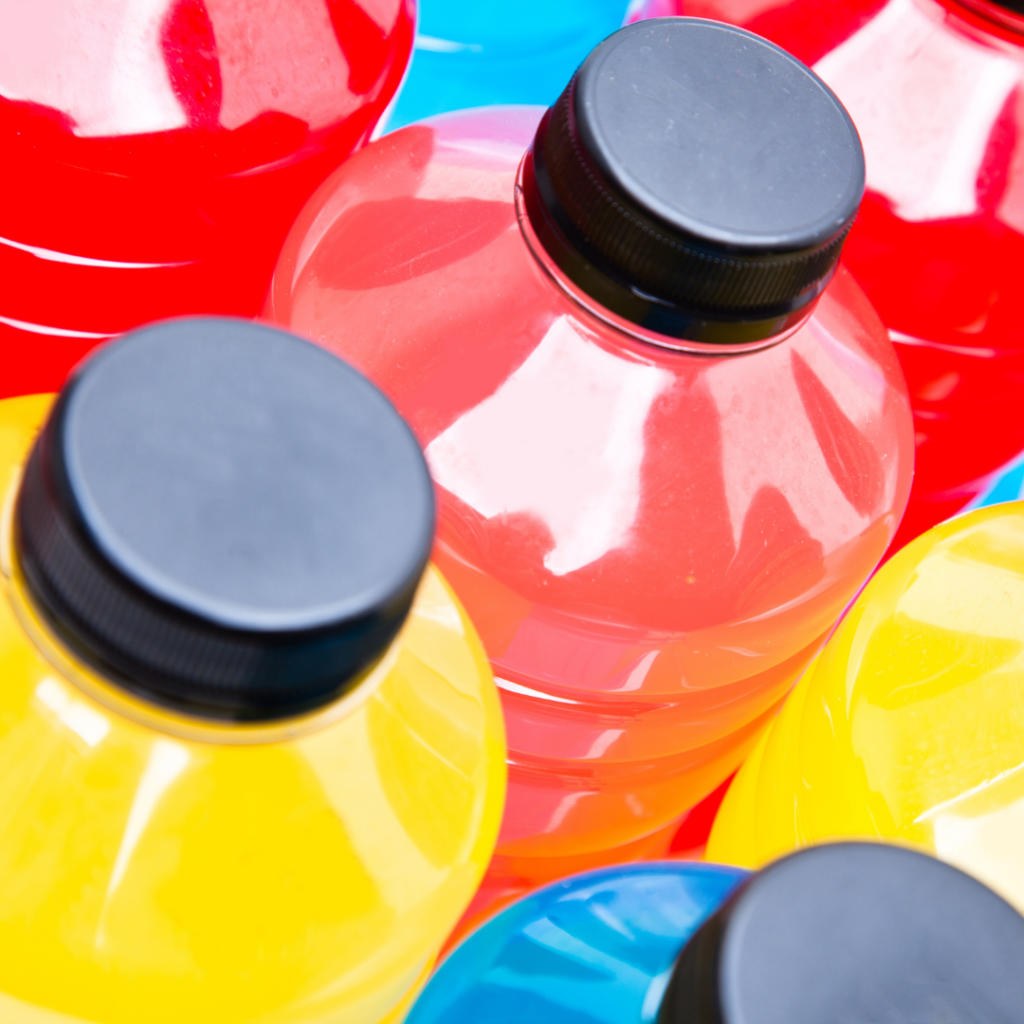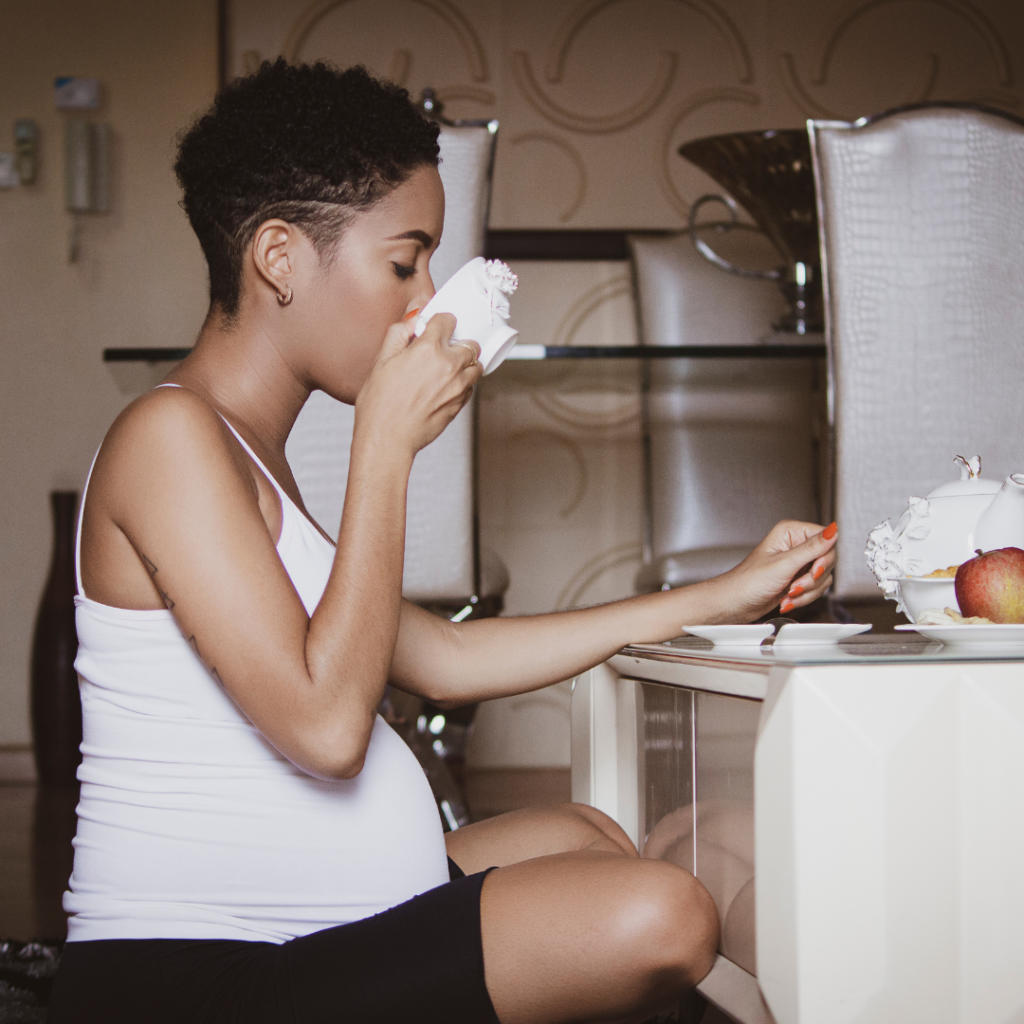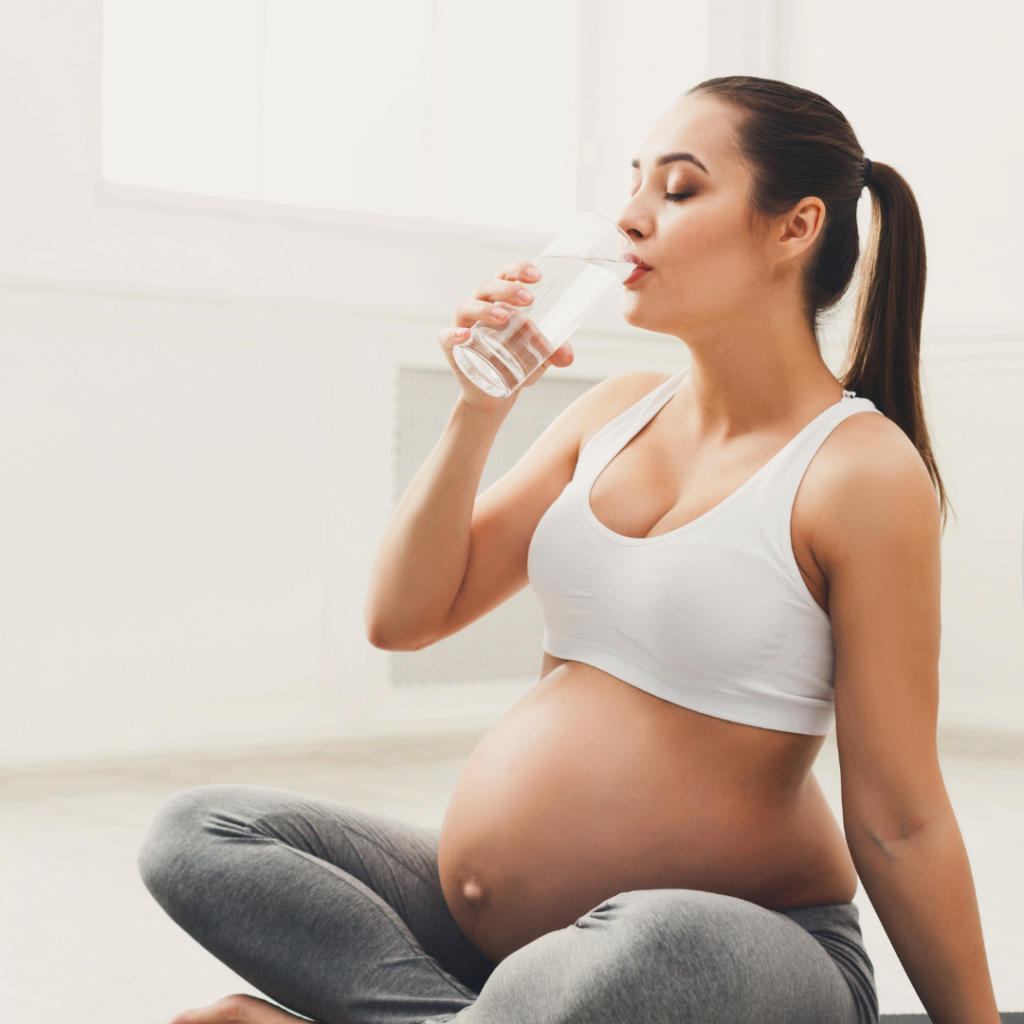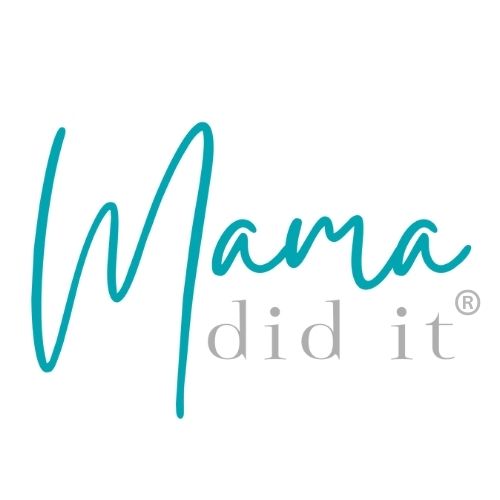Is Gatorade and other electrolyte drinks safe to consume for pregnant women? What are other safe drinks to have during pregnancy? Here’s everything you should know, plus the one sports drink flavor that may increase breast milk supply!
Sports drinks like Powerade and Gatorade have been around for many years and were initially designed to replenish dehydration in athletes. But are they safe to drink during pregnancy?
Did you know that Gatorade was first developed in the 1960s by a doctor for the Florida Gator athletes? Hence the name Gatorade. The drink was designed to replenish carbs that were lost during strenuous activities through a combination of water and electrolytes. Pretty neat. At some point, Pepsi decided it was worth acquiring and now there are several varieties and flavors, most recently a Gatorade protein shake and Gatorade Zero with protein drink. Coke had to hop on board this train and created the Powerade brand as a rival.
Is it safe to drink Gatorade during pregnancy?

Pregnant women are susceptible to dehydration for many reasons. Our growing baby puts intense demands on our bodies. They can deplete our vitamins (which is one reason a prenatal vitamin is recommended through pregnancy and while breastfeeding). Pregnancy also requires good nutrition and extra calories to meet both our and our baby’s needs. Throw in morning sickness, or let’s be honest, all-day sickness or the stomach flu and we have ourselves the battle to stay hydrated! Are you dehydrated? See the symptoms below.
What can I drink besides water while pregnant?
Fruit juice, orange juice, coconut water, ginger ale, and some herbal teas are safe to drink as an alternative to so many glasses of water per day. Be mindful of the drinks you are taking in. If we are dealing with symptoms of morning sickness, severe morning sickness, or hyperemesis gravidarum, get your calories in however you can. These are all common causes of dehydration. But in general, a pregnant woman doesn’t need to “drink her calories.” When we are experiencing a healthy pregnancy, we need a variety of foods and beverages. We want to be careful not to consume a 600 calorie Frappuccino plus a 400 calorie latte. These are empty calories that will not give us the nutrition we need.
Do also keep in mind that fruit juice, sodas, and sports drinks contain a lot of sugar. Too much sugar can lead to blood sugar imbalance and a diagnosis of gestational diabetes. Moderation is key. Drink plenty of water while rotating in some other options during the day.
Alcoholic beverages are never recommended while pregnant. Your placenta will not filter alcohol the way your liver does. It is unknown how much alcohol your baby will receive if you drink while pregnant. No amount of alcohol is considered safe during pregnancy.
Can I have drinks with caffeine while pregnant?

First the good news! You don’t have to completely ditch your coffee while pregnant if you don’t want to. I did, but not by choice. I’m an avid coffee fan. Good coffee is one of the simple pleasures of my life! Unfortunately, I couldn’t even smell the stuff without my stomach turning while pregnant. So, my body said no to it for me for almost a year while my pregnancy hormones surged.
Caffeine should be limited while pregnant or breastfeeding. According to the March of Dimes, caffeine should be limited to 200mg per day. This is equivalent to about a twelve ounce cup of coffee. If you are breastfeeding, you need no more than 2 cups of your favorite caffeinated beverage per day. It is safest for you and your baby to avoid energy drinks altogether. Most energy drinks are full of artificial sweeteners and should not be consumed by pregnant women (or anyone in my opinion).
According to Healthline, “Caffeinated teas like black tea, white, matcha, chai, and green tea are generally considered safe.” In general, herbal teas should be avoided, but peppermint tea, ginger tea, and lemon balm tea are the best option and are currently considered safe. Keep in mind that many teas contain caffeine and caffeine needs to be limited by pregnant ladies.
Is it safe to drink electrolytes while pregnant?
Yes, it is safe to drink electrolytes while pregnant. I think a better question would be, “What is the best way to drink electrolytes while pregnant?” As I mentioned at the beginning of this article, there is no shortage of flavors, colors, and name-brand sports drinks. In the mood for Cool Blue? Or how about Glacier Freeze? I’m not even sure what flavors exactly those are supposed to be. But you can have them if you want them. Sometimes a cold, blue Gatorade is what sounds good and therefore what you need to help with dehydration at the time. Totally go for it if helps.
Is it safe to drink Gatorade during pregnancy?
I wouldn’t recommend daily sports drinks such as these simply due to the artificial colors and flavors they contain. The “zero” varieties contain artificial sweeteners such as aspartame or acesulfame which has been scientifically linked to brain and health issues. I have actually found a healthier alternative to these that I personally prefer that I will tell you about below.

Is Gatorade safe for pregnant with diarrhea?
Yes, sports drinks are safe to drink if you are pregnant and experiencing diarrhea. This can prevent you from becoming dehydrated. Keep in mind, that if you have experienced diarrhea for more than 24 hours, your healthcare provider usually would like to hear from you. Pregnant women can quickly become dehydrated and may need additional fluids to remedy this.
While I am not totally against the name-brand oral rehydration solution (like Gatorade and Powerade), I feel there are better options with similar drinks. I must admit that the artificial colors turn me away from some of these products. Recently when I was dealing with covid and experiencing severe dehydration, I found an alternative drink. Kinderlyte helps with fluid intake, doesn’t contain artificial sweeteners or colors. This to me was the best choice to meet my nutritional needs (without the added junk) and restore my electrolyte balance. And it worked! Even though I had been drinking plain water, my physical activity level increased after just 2 cups of the Kinderlyte. Obviously, my electrolytes were off so this was a good choice for me.
Symptoms of dehydration: Signs of dehydration
- dry mouth, lips, and skin
- dark circles and sunken eyes
- decreased urination and dark yellow urine
- dizziness and weakness
- constipation
- muscle cramps
Your urine should be pale yellow colored. If it’s not, drink more. Severe dehydration can lead to serious complications for you and your unborn baby. Contact your health care provider if you are struggling with these symptoms. No one wants to be admitted to the hospital for dehydration, but sometimes it’s necessary. If you are unable to keep food or fluids down or are vomiting with every meal you eat, you may need medical intervention to replenish fluids and medications that help with nausea. Call your doctor or midwife if this sounds like you.
Which Gatorade flavor helps with breast milk supply?
Several of my friends are lactation consultants. They recommend several foods, herbs, and even drinks to new mothers that may help increase a nursing mother’s milk supply. The first time I heard that there was a certain Gatorade flavor that seemed to help milk supply, I was puzzled. I questioned my friend, “Why that flavor?” And the answer? She didn’t know.
At this point, we simply don’t know why it tends to accomplish this, but studies show that it does. And we have heard feedback from many different mothers in all walks of life, that they found it to be true. So, it’s worth a try!
The Gatorade flavor that has helped increase milk supply for many new mothers is Lemon Lime. Choosing this flavor over the others while breastfeeding, not only will help with dehydration (which can decrease milk supply), but may also give your milk production an extra boost.
Don’t miss these 10 Tips for the Last Ten Weeks of Pregnancy. They will help you get everything ready for the arrival of your baby.
You may also like What do Contractions Feel Like?
Post may contain affiliate links
